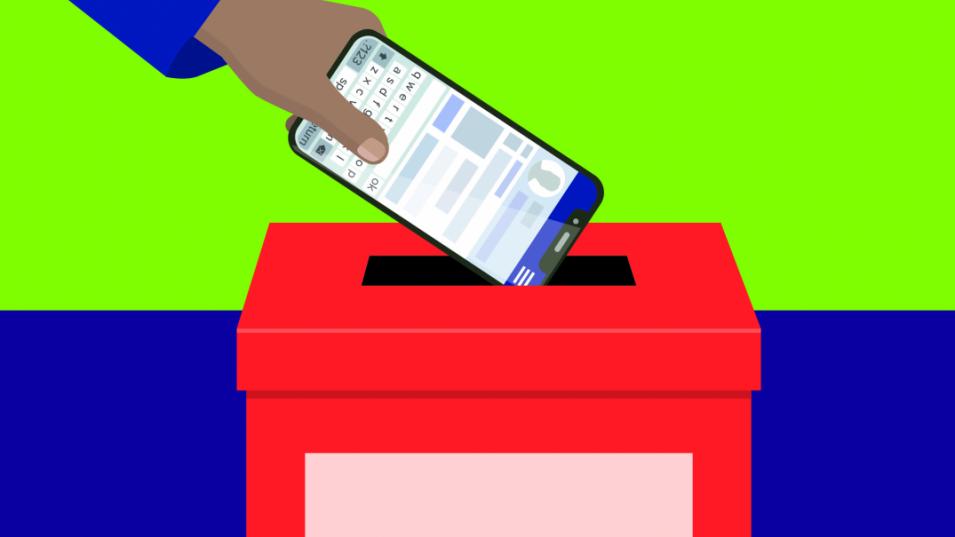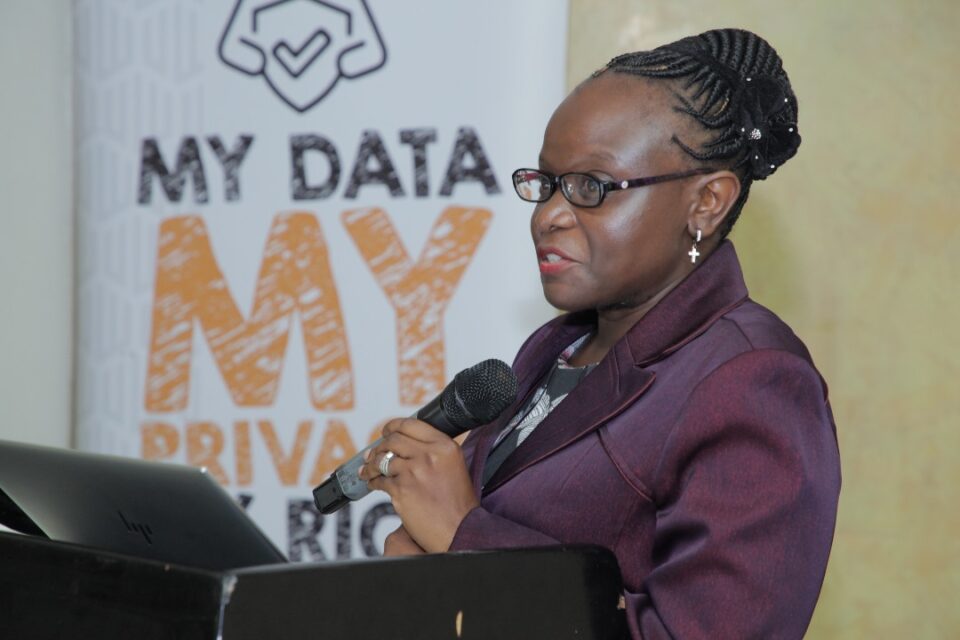Unwanted Witness publish a briefing for election observers on the importance of privacy and data protection in the election cycle.

This article was Originally published on Privacy International’s website
KEY POINTS
- In July 2020, the Parliament of Uganda passed amendments to electoral laws that, among other issues, provide for the adoption and use of technology in the management of elections.
- In light of this, it will therefore be important for election observers to examine the electoral legal framework alongside the 2019 Data Protection and Privacy Act to ensure that personal data is collected and processed within the law and in accordance with international standards during the election cycle.
- The briefing provides a starting point for discussion on how privacy and data protection can be incorporated into election observation methodology and operationalised in the election observation process.
Uganda’s Presidential election in January 2021 resulted in the incumbent President Museveni winning his sixth term in office, having held power for 35 years. The election took place amidst a global pandemic and the run up to election day was fraught. Violence left dozens dead and hundreds more arrested, including the opposition candidate Bobi Wine. Mass rallies and in person campaign meetings were banned due to Covid restrictions and political parties in Uganda were encouraged to conduct “virtual” campaigns. However, the government shut down internet services leading up to election day.
In this climate, the role of election observers could not have been more crucial. However, observation of the electoral process was limited, mainly due to a lack of accredited observers. The European Union, having deployed observers in 2006, 2011 and 2016 did not send observers in 2021 as the “offer to deploy a small team of electoral experts was not taken up”.
The US Embassy in Uganda cancelled its observation of Uganda’s presidential election because most of its accreditation requests were denied by the Electoral Commission of Uganda.
In the absence of international observers, regional and local observers took centre stage. However, a coalition representing hundreds of Ugandan civil society organisations said it had filed 1,900 accreditation requests but only 10 had been granted.
As yet there are few official published reports from those organisations that did manage to observe the elections, but there are statements from observers published in the media which point to major problems in the pre-election period. Reports include attacks by security forces, arrests, violence, torture and at least 54 deaths, malfunctioning of biometric voter verification machines, and late delivery of voting material.
Elections are not just about election day and observation of the electoral process includes the preparation and managing of elections. Election observers are crucial to ensuring transparency, accountability and trust in the electoral process and must be permitted to carry out their duties.
In addition, elections are increasingly “data driven”. Election observers are increasingly called upon to consider the role of personal data and the digital technologies that are used by all main actors in electoral processes. This is not an easy task. It will require updating existing election observers’ methodologies and acquiring new technical skills.
Uganda is no exception. The Electoral Commission (Amendment) Act 2020 provides for the adoption and use of technology in the management of elections. The amendments signal forthcoming regulations regarding the use of technology in elections by the electoral commission. Although the technology in question is not specified in the amendments to the Act, it could be related to voter registration (including biometrics), voting, tallying and results transmission. It will therefore be important for election observers to examine the electoral legal framework alongside the 2019 Data Protection and Privacy Act to ensure that personal data is collected and processed within the law and in accordance with international standards during the election cycle. This will be important not just for the electoral commission, but also how political parties collect and process personal data for political campaigning.
Throughout 2020, Unwanted Witness voiced concerns about the use of technology in the electoral process, problems with voter registration and biometric voter verification.
It is therefore timely to begin a discussion with election observers about how forthcoming regulations may impact electoral observation in light of additional technology that may be employed in the future. These technologies rely on collecting, storing, and analysing personal information to operate. They raise novel issues and challenges for all electoral stakeholders on how to protect our data from exploitation.
The purpose of the Data Protection and Privacy briefing published by Unwanted Witness for election observers in Uganda is to provide a starting point for discussions that promote transparency and accountability in the use of technology in Uganda’s democratic processes. It is important to begin the conversation now.




